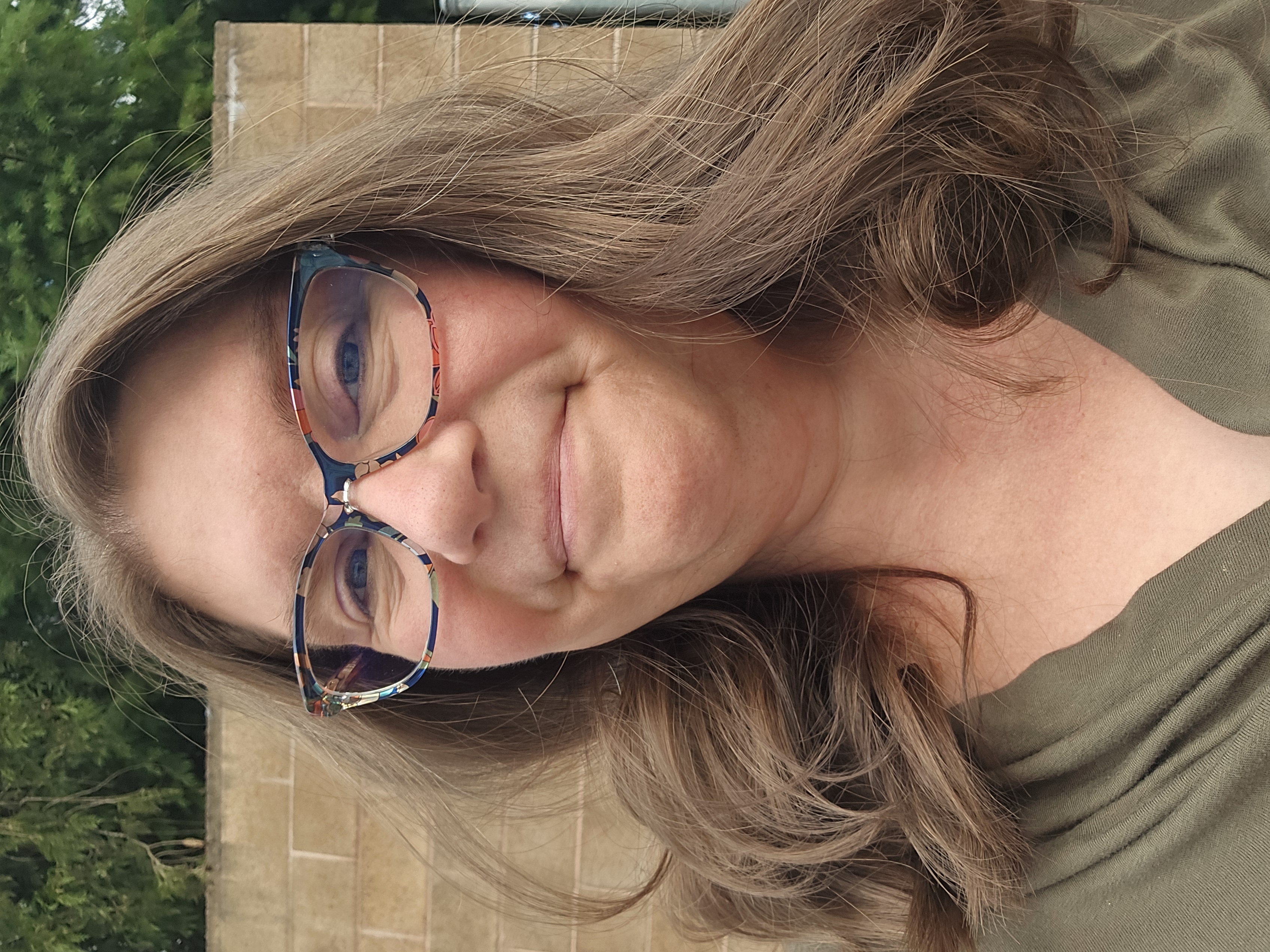Reflecting on Religious Trauma
- Laura Beville

- Aug 25
- 3 min read

It’s been a few days since James Dobson died, and I’ve been thinking about what his voice meant to so many people. For some, he was the trusted expert their parents leaned on. For others, he was the reason their childhood felt like walking on eggshells.
I grew up in a conservative corner of Southern California, where Dobson’s books and broadcasts were everywhere. But my own church life — I was raised United Methodist — was different. I wasn’t taught to fear my body, to believe that women had to be silent, or to think LGBTQIA people were somehow less worthy of love. I knew those messages were out there, but they didn’t shape me. The discipline I experienced as a Gen Xer left its own scars — something I’ve worked through in therapy — but it wasn’t framed as religious trauma.
Later, as an adult and a pastor, I met people whose stories were very different. They told me about growing up under strict “biblical parenting,” where hitting a child was called discipline, where questions were rebellion, where being different meant you were broken. About purity culture that shamed girls for their bodies and taught boys that women existed to be controlled. About being told that being gay, bisexual, or transgender made you unworthy of love. I’ve walked with people who carry lifelong scars — emotional, spiritual, and physical — from these teachings.
The most generous response I’ve seen regarding Dobson’s death came from Pastor Zach Lambert, quoting Pastor Lura Groen’s words after Pat Robertson died a few years ago:
"He is being surprised by Love. I do not know if discovering the vastness of God’s love is hell for him, or heaven. Perhaps a little of both. That’s above my pay grade. But Divine Love has him now.”
I believe with every fiber of my being that this kind of love exists — big enough to hold the people we harmed, and big enough to hold the people who harmed us.
The long arc of history, as Dr. King said, bends toward justice. But that bending is slow and costly. I’ve seen it in people who’ve had to rebuild their sense of self from the ground up, in parents who are breaking cycles and raising their kids differently, and in communities learning to say, “We were wrong, and we won’t do it again.”
James Dobson’s death doesn’t erase the pain his teachings caused. But it does remind me that no voice — however loud — gets the last word. Love does.
And that love is still at work, reshaping families, healing old wounds, and calling us to do better. A different kind of Christianity is possible — one that doesn’t thrive on fear or control, but on compassion and honesty. We’re not perfect — far from it. We still have our spats and foibles. But I’ve seen communities choose grace over shame, curiosity over condemnation, and love over power.
That’s the kind of faith I want to keep living into — one that keeps bending toward something more human, more just, more kind.
And if you’ve been wounded by the church, please know this: there are congregations & clergy doing the work to undo that harm. You don’t have to settle for fear disguised as faith. Healthy, loving, inclusive communities exist — places where questions are welcomed, your whole self is honored, and love is lived out in real time. If you’ve been told “this is just how Christianity is,” know that it can be different. And you deserve to experience that difference.





Love this. As someone who was significantly harmed by Dobson’s teachings and has been doing the work to repair with my kids after following his teachings for a time, I am thankful for this balanced approach. And thankful to be part of a healthy Christian community now.